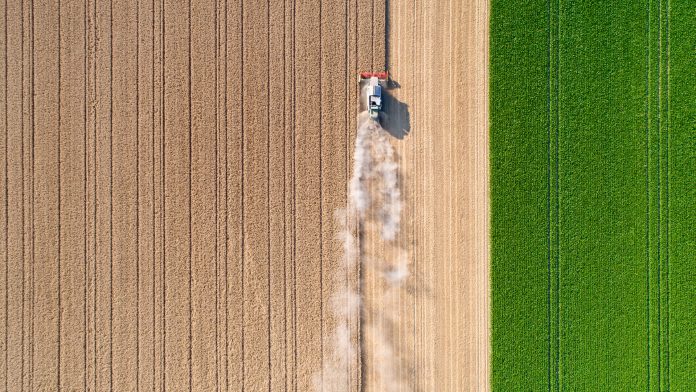A recent global study has revealed that food systems have far more substantial impacts on greenhouse gas emissions than previously anticipated.
The research, conducted by specialists from the UN Food and Agricultural Organization, New York University, NASA, and Columbia University, has concluded that in 2018, food production and consumption activities equated to 16 billion metric tons of carbon dioxide, an 8% increase since 1990 – one-third of the total produced by humans. The subsequent companion policy paper produced from the research provides suggestions and strategies to help mitigate this vital issue of greenhouse gas emissions.
Francesco Tubiello, the lead author of the research and head of the environment statistics unit at the UN Food and Agricultural Organization, said: ” The study shows that food production represents a larger greenhouse-gas mitigation opportunity than previously estimated, and one that cannot be ignored in efforts to achieve the Paris Agreement goals.
“Emissions inventories that countries currently report to the United Nations Framework Convention on Climate Change poorly characterise food systems and underestimate their contribution to climate change.”
The novel investigation has produced country-level datasets that consider emissions land-use changes between the borderline of natural ecosystems and farms, such as manufacturing, storage, processing, waste disposal, and transport – not just the production of crops and livestock.
Cynthia Rosenzweig of Columbia University’s Earth Institute and the NASA Goddard Institute for Space Studies said: “Science and policy domains have often been siloed in academia. We propose a ‘double helix’ of interactive research by scientists and policy experts that can deliver significant benefits for both climate change and the food system.”
“The food system and the climate system are deeply intertwined; better data can help lead to better policies for cutting emissions and protecting the food system from a changing climate,” commented David Sandalow of Columbia University.
The researchers have signified that all new policies aimed at reducing the effects of climate change must consider the influence of the over 500 million smaller households worldwide – especially in lesser developed countries that more heavily rely on agriculture as their source of income.
Phillipe Benoit, an adjunct senior research scholar at the Center on Global Energy Policy, commented: “To achieve a net-zero future, we need to understand better the interplay between the food system and emissions in developing countries where populations are growing, poverty is diminishing, and incomes are rising.”
The investigation discovered that fertiliser production and refrigeration at the retail level were considerable influencers of greenhouse gas emissions, growing exponentially in recent years, meaning the requirement for optimal mitigation strategies that focuses on activities before and after farm production is increasingly critical.
Matthew Hayek, an assistant professor in environmental studies at New York University, said: “Agriculture in developed countries emits large quantities of greenhouse gases, but their share can be obscured by large emissions from other sectors like electricity, transportation and buildings. Looking at the entire food system can not only illuminate opportunities to reduce emissions from agriculture, but also improve efficiency across the whole supply chain with technologies such as refrigeration and storage.”
Although the emissions from food systems grew between 1990 and 2018, per capita emissions dropped per person from 2.9 to 2.2 metric tons in developing countries, with advancements in technologies being the reason for this. However, in developed countries, this is not the case, demonstrating 3.6 metric tons per person. The largest single emission source over the study period has been due to converting natural ecosystems to agricultural croplands, amounting to 3 billion metric tons per year, although this is declining at a rate of 30%
Nevertheless, this steady decline is being viciously counteracted by domestic food transportation, which has seen an 80% increased by 500 million tonnes from 1990 to 2018, almost tripling in developing countries. Finally, four billion tonnes of emissions have been produced from the burning of fossil fuels used in the food systems supply chain, a 50% increase since 1990.









